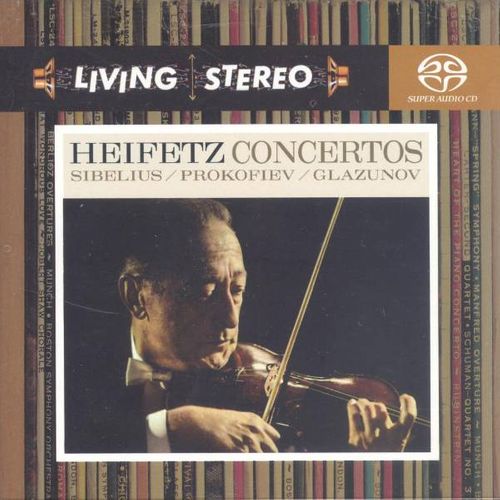Thanks for the very interesting comments. In a way, they seem to confirm what I suggested. You say, "emotional content was only successfully conveyed when technical discipline was maintained: the basis for great music-making was first getting the notes right, then the architecture would fall into place." But music's "emotional content" does not equate to its "architecture," any more than the emotional content of a Shakespeare sonnet equates to his use of sonnet form, and "getting the notes right" seems to imply that interpretive nuance such as an unmarked tempo change is getting the notes wrong. Please correct me if I've misunderstood you.
Here's a specific case to make my point clearer. We have no recording of Brahms's performances of his symphonies, but we can get at his preferences in two ways. First, there's his response to others' performances. Walter Frisch's fine book on the symphonies includes a chapter on their performance history, in which he writes,
Walter Frisch wrote:What many commentators admired as straightforward professionalism in [Hans] Richter, others, including Brahms, vilified as dullness and lack of inspiration. Stanford recalled in 1922 that when Richter led a performance of the First Symphony at the Gesellschaft der Musikfreunde, "so metronomic was [the slow movement] that Brahms, who was listening in a box with a friend, suddenly seized him by the shoulder and said, 'Heraus!', hurrying him away."
Brahms preferred von Bülow's approach with considerable elasticity of tempo, though he thought von Bülow sometimes went too far.
Second, it turns out we do have something like Brahms's own performances to listen to, though twice removed, in the interpretations of the conductor Fritz Steinbach.
Walter Frisch wrote:Kalbeck reports that Steinbach actually took Brahms himself as his "model" (Vorbild) for conducting and that his performances were highly regarded by the composer. In 1933 Blume, who had been a pupil of Steinbach's in 1914-15, transcribed and published the markings from Steinbach's scores.
Those markings are full of tempo changes and other interpretive ideas not "mapped" in Brahms's scores. We can't assume that Steinbach slavishly reproduced all of Brahms's interpretive ideas in his own performances - most likely he did not, and he probably added some of his own - but this makes clear that Steinbach's performances were consciously and deliberately in the Brahmsian manner.
Steinbach made no recordings, but there is a recording of all the symphonies incorporating many though not all of his markings, by Charles Mackerras and the Scottish Chamber Orchestra on Telarc. None of it is on YouTube, but if you're curious, you can get it from amazon.com very cheap. (The notes observe that while Brahms provided metronome marks at first, he then removed them, because he said they only applied to the opening bars.)
There's no one way to perform this or any other music. I'm not saying that the approach of Toscanini and the other score-bound literalists who dominate present-day musical life is wrong, though Brahms might have walked out of his performances as he did with Richter. Nor am I saying that Furtwängler - the closest approach to Steinbach/Brahms on record other than Mackerras - is definitive. What I am saying is that those who would dismiss Romantic freedom in favor of Modernist strictness don't have the composer on their side.
I believe you are mistaken in what you say about Verdi's tempo marking for "Caro nome." He never showed any interest in the development of young singers; he had strong preferences in the casting of his premieres and made them known to the impresarios. For the premiere of "Rigoletto" he wanted Teresa di Giuli, who was 34 and had sung in "La Battaglia di Legnano" two years previously. When she wasn't available he accepted Teresa Brambilla, who had been singing leading roles professionally for 20 years. The score I'm looking at gives a metronome mark for "Caro nome" of quarter = 76 for allegro moderato, which is not slow. If Verdi had wanted a slower tempo, he would surely have asked for it in the published score which took "Rigoletto" around the world; likewise the concluding high note that many prima donnas interpolate in place of Verdi's trill.

